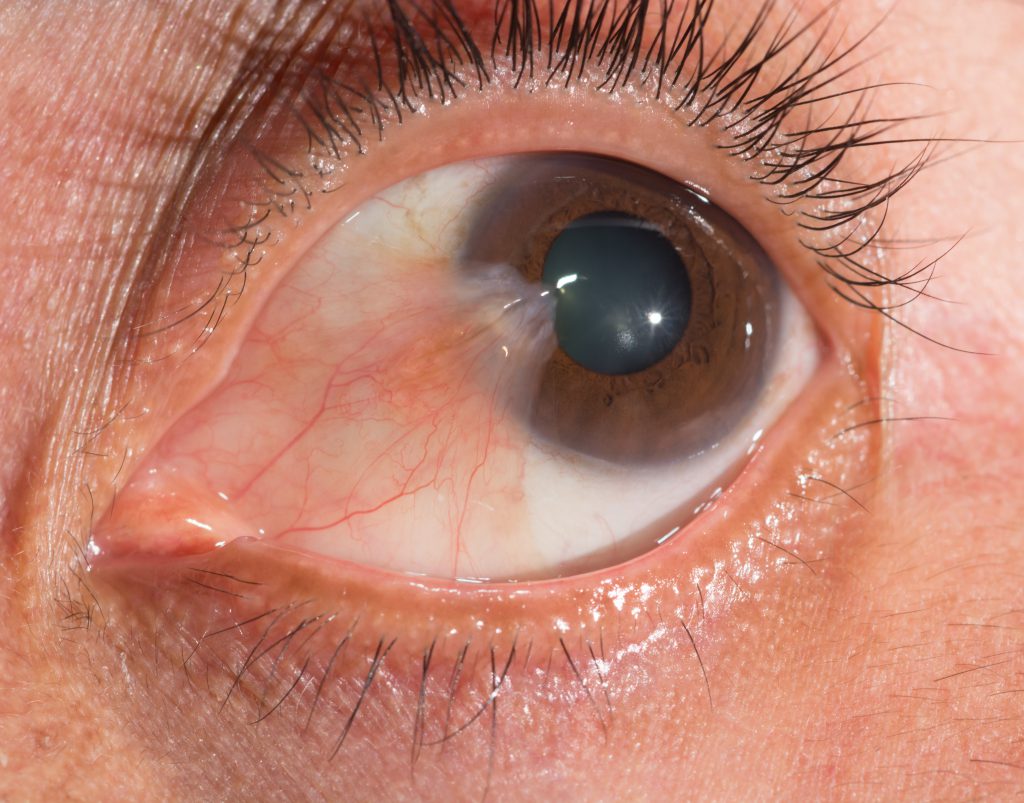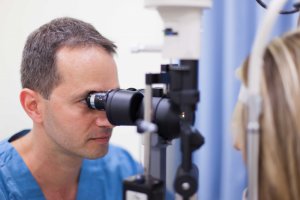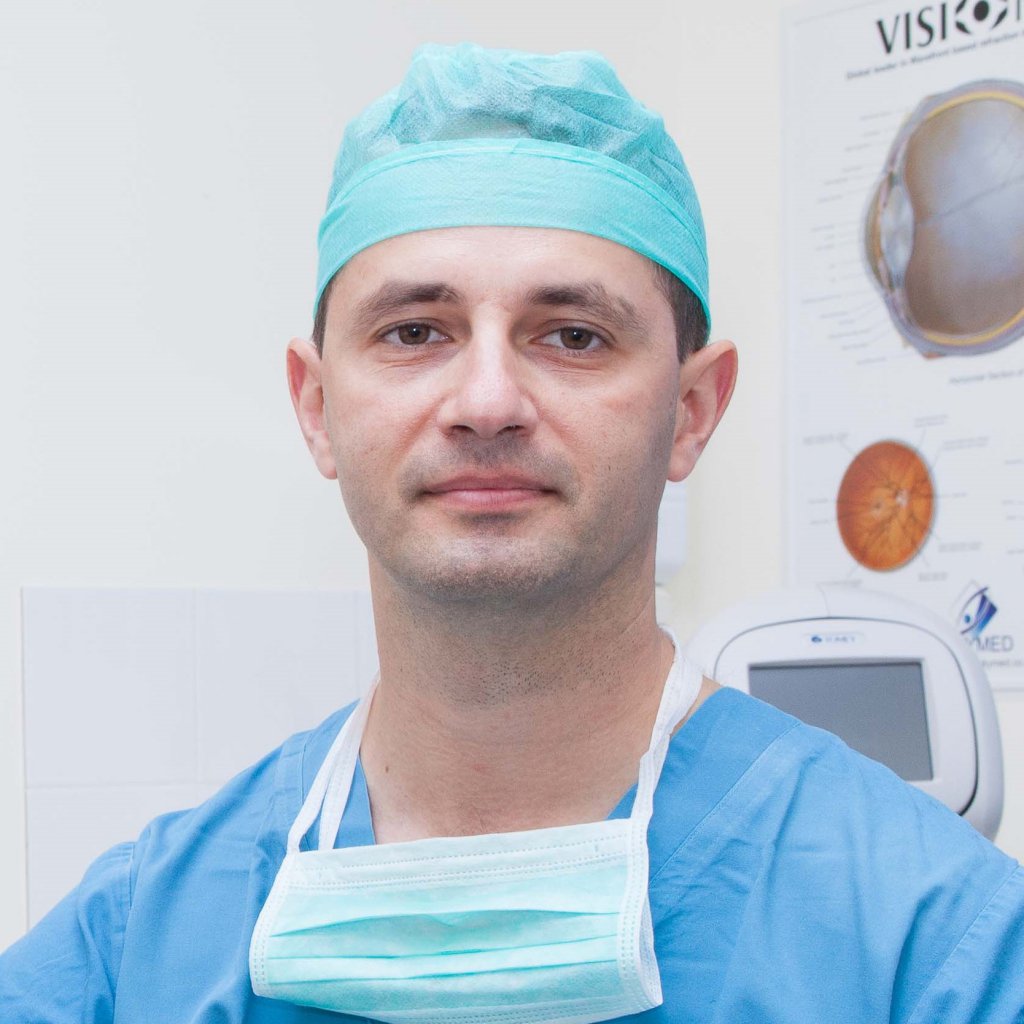Pterygium is a process where tissue grows from the conjunctiva on the cornea. This tissue is benign and contains blood vessels, and therefore gives the conjunctiva membrane a reddish-pinkish appearance, spreading in the direction of the cornea. The appearance is of “meaty” (solid) tissue, slowly covering the area over the eye, from the inner part of the eye close to the nose to the center of the eye and is shaped similarly to a triangle or a trapezium.

The symptoms
Pterygium is likely to have effects on vision due to the distortion of the cornea, or alternatively, covering of the optical center. Common symptoms include dryness of the eyes, tearing, eye redness, changes in visual acuity, lack of ability to use contact lenses and irritation of the eye characteristic of this phenomenon. Additionally, it is important to note that Pterygium damages the aesthetic appearance of the eye.
Causes of Pterygium
It is known that there is a connection between people who suffer with Pterygium and their exposure to UV radiation from the sun. The general recommendation is to wear sunglasses to prevent the exposure of the eyes to the sun.
An additional factor is a genetically inherited one. Research shows that in a third of cases there is increased frequency of Pterygium in certain families.
Pterygium Surgery
Surgical removal of Pterygium is a relatively simple surgical process which takes 30 to 40 minutes and is performed under local anesthetic. This surgery is performed by an ophthalmic physician who is an expert in corneal diseases. During surgery the Pterygium tissue is excised, and in the area of excision healthy conjunctiva taken from the upper eyelid is implanted. The conjunctiva is adhered with biological adhesive (surgery without sutures) and the area from which conjunctiva was taken more will grow within a few days, so there is no need to worry. At the end of surgery, the treated eye will be dressed, and post-operative treatment is eye drops and antibiotic cream.
Pterygium surgery is not complicated and there are almost no risks involved. The only risk is regrowth of the Pterygium – something which is more common in young people.
Percentage of success of surgery
First, it is important to note that as long as Pterygium is surgically removed in the earlier stages of growth, the percentage of success of the surgery is higher. As a rule, the rate of success for this surgery is between 95% and 98%, figures which denote a high level of success.
Potential complications from surgery to remove Pterygium
As for all surgeries, there is a possibility (while very small) of complications in surgery which could be with respect to regrowth of the Pterygium, which is the most common complication.
An additional complication is a slowed rate of corneal wound healing and the appearance of a chronic ulcer in the place where the head of the Pterygium was removed. This kind of complication is more common in people suffering from dry eye and/or older people. In this case, treatment with lubricant creams and antibiotics is given.
A very rare complication, but one that is important to note, is damage to the muscle which moves the eye inwards and is located under the Pterygium itself. A complication of this kind is likely to limit the movement of the muscle, thereby causing strabismus (crossed eyes). In this case as well, surgery to correct strabismus is possible.
Process of recovery from surgery
The process of recovery from surgery involves certain discomfort with respect to post-surgical pain and a sensation of discomfort. After around two days the pain and feeling of discomfort subside somewhat but will accompany the recovery period until they disappear after a few weeks.
The result, a “white eye”, will be observable around six weeks after surgery.
Side effects post-surgery
After surgery to remove Pterygium, there are likely to be side effects such as redness of the treated eye, bruising, dryness of the eye and a sensation of discomfort.
These symptoms should pass after a few weeks.



